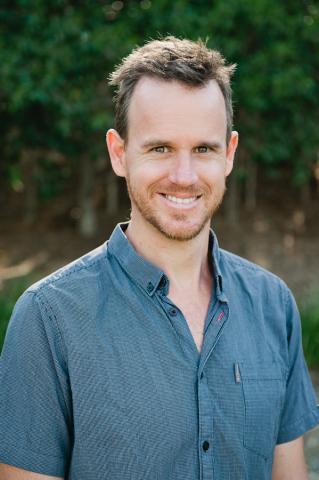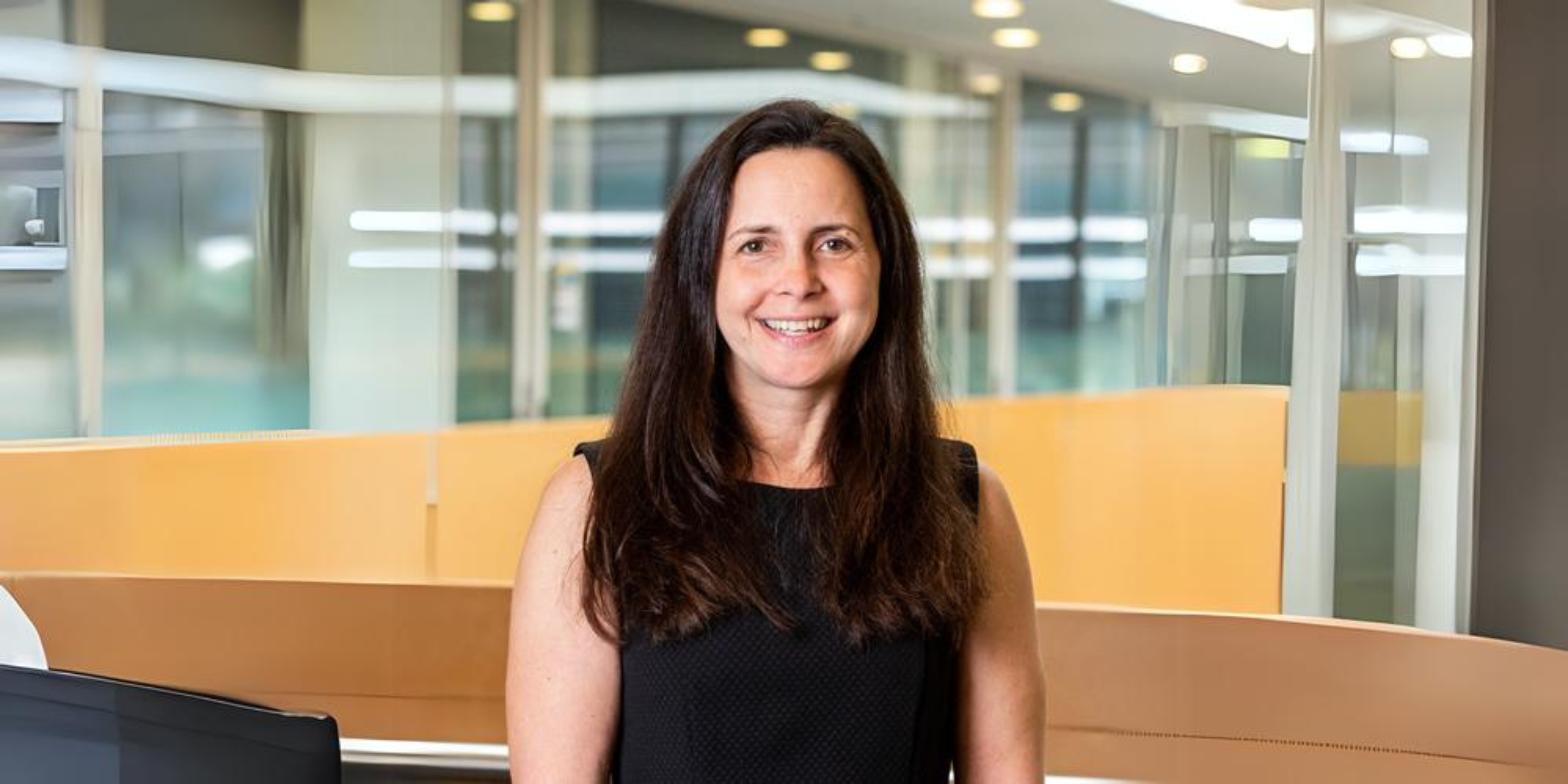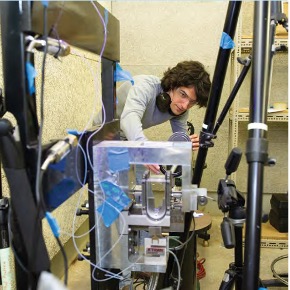

Often called “Disease Detectives”, epidemiologists search for the cause of disease, identify people who are at risk, determine how to control or stop the spread or prevent it from happening again. During this current pandemic, epidemiologists have played a critical role in supporting the activities of state health departments in identifying the populations at risk and the trends occurring in the case numbers.
Working alongside the staff at the NSW Ministry of Health, was Dr Adam Craig, a Lecturer in the Bachelor of International Public Health staff members. Adam has over 20 years of field epidemiology experience and has worked in Asia and the Pacific Islands. Prior to coming to the School of Public Health and Community Medicine, he worked with the Central Australian Aboriginal Congress, a role that provided him with the opportunity to travel to some of the most remote parts of Australia and work with some fantastic people – both community members and health professionals.
However, this current COVID-19 situation is not the only time that he has play a role as an epidemiologist during a pandemic. In 2009, during the influenza A/H1N1 pandemic (swine flu), Adam worked as an epidemiologist with the World Health Organization (WHO)’s regional office in Manila, supporting national governments in the region upscale emergency surveillance and response systems in response to the threat. Building on from that experience, he continued to work internationally with key agencies including World Bank, WHO and the United Nations Children’s Fund.
At the School of Public Health and Community Medicine, Adam’s research focuses on strengthening early warning surveillance and health systems in the Pacific Islands including in Fiji, Vanuatu and the Solomon Islands. He brings a passion for finding solutions to the development, resourcing, and systems challenges that inhibit the delivery of public health programs to populations of developing nations. His experience and passion are shared with student through his teaching in the BIPH program.
For students who are inspired to get involved with population health, whether it be in the field of epidemiology or perhaps focused on infectious and non-infectious diseases, women’s and children’s health, mental illness, indigenous health and environmental health, then they should consider the Bachelor of International Public Health at UNSW.
This three-year degree is available to students to undertake either partly on-campus/online or completely online. Our course material is delivered by academics from UNSW Sydney and Arizona State University. The program will prepare students to design and implement new public health approaches for emerging social issues including the impacts of climate change and an increasingly connected world on health. At the completion, students may work in federal government agencies, international organisations, community or healthcare centres, educational and research institutions, for profit and not-for profit organisations among a wide range of other workplaces.
Further information: https://med.unsw.edu.au/degrees/bachelor-international-public-health


